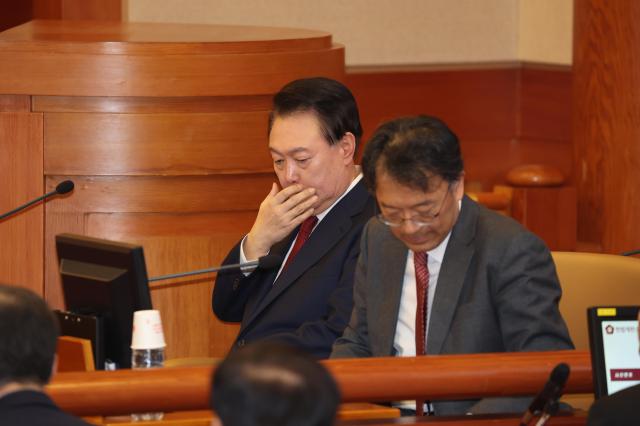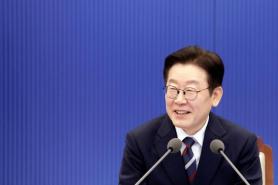
SEOUL, January 26 (AJP) - President Yoon Suk Yeol was formally indicted Sunday on charges of leading an insurrection, marking the first time in South Korea’s constitutional history that a sitting president has been prosecuted while in office.
The indictment comes 54 days after Yoon’s controversial declaration of emergency martial law on Dec. 3, 2024, which sparked widespread protests and led to his impeachment by the National Assembly.
The Seoul Central District Prosecutors' Office stated that the president had been charged with leading an insurrection. Yoon is accused of conspiring with former Defense Minister Kim Yong-hyun and other senior officials to declare martial law and deploy armed forces to disrupt the National Assembly.
"After a thorough review of evidence collected during investigations by the special task force, police, and the Corruption Investigation Office for High-ranking Officials (CIO), we determined that it was appropriate to proceed with an indictment," prosecutors said in a statement.
The prosecution alleges that Yoon’s martial law declaration was unconstitutional and aimed at undermining South Korea’s democratic institutions. The armed deployment included Special Warfare Command (SWC) forces who allegedly attempted to prevent lawmakers from passing a resolution to lift martial law.
On Dec. 3, 2024, Yoon declared emergency martial law in a televised address at approximately 10:30 p.m., citing the need to counter "pro-North Korean forces and anti-government activities" threatening the nation’s constitutional order. Martial law forces were deployed to key government facilities, including the National Assembly and the National Election Commission.
Despite the presence of armed soldiers, 190 lawmakers convened at the National Assembly and, by 1:30 a.m. on Dec. 4, unanimously passed a resolution to lift martial law. The soldiers immediately withdrew from the Assembly, but the move sparked national outrage.
Public backlash culminated in millions of protesters gathering in central Seoul to demand Yoon’s resignation. On Dec. 14, the National Assembly passed an impeachment motion with 204 votes in favor and 85 against, effectively suspending Yoon from office.
Yoon was arrested at his official residence on Jan. 15 following a large-scale operation involving over 2,000 investigators. The president was detained at the Seoul Detention Center after an initial interrogation by the CIO. Despite his legal team’s repeated challenges to the validity of the arrest warrant, prosecutors moved forward with the case.
Prosecutors filed the indictment one day before Yoon’s detention period was set to expire, citing sufficient evidence from prior investigations. "Given the evidence, including testimony and physical documentation from co-conspirators, we believe this case holds substantial merit," said a senior prosecutor from the special task force.
Yoon has denied all charges, maintaining that the martial law declaration was a necessary step to stabilize the nation. His legal team has called the investigation "unconstitutional" and accused prosecutors of conducting a politically motivated inquiry.
The indictment adds another layer to the ongoing Constitutional Court trial, which will determine whether to uphold or overturn Yoon’s impeachment.
Copyright ⓒ Aju Press All rights reserved.




